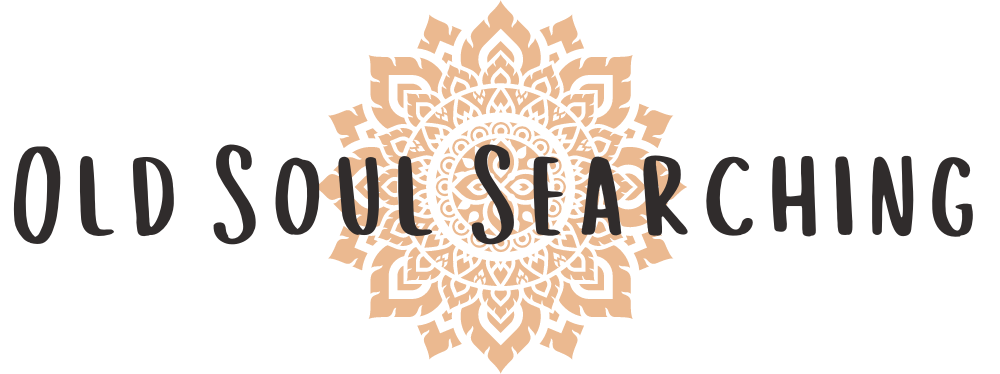. . .
What is self-care? In essence, self-care is our ability to meet our own physical and emotional needs. It is meant to foster health and holistic well-being, ensuring we are getting the right amount of sleep, eating enough nutrients, maintaining good hygiene, and forming reciprocal relationships.
Proper self-care allows us to maintain equilibrium in our lives – to reduce the carbohydrates that add more jiggle to our waistline or to eliminate the toxic friendships that eat away at our confidence. It isn’t always comfortable, but it is always good for us. It isn’t always what we want, but it is always what we need.
Self-care is more than hot baths and chardonnay. It’s recognizing our worth and setting boundaries with the people closest to us as a way to protect our fragile energy. It’s eating broccoli when we’d much prefer ice cream because we know it will fuel our brain and body. It’s choosing to complete a project rather than watching reality TV because we know the hard work will pay off, whereas Netflix will only help us fall behind. Self-care is a multitude of decisions we make every single day. We hear it much like this: “Shall I go for a run or should I sprawl out on the couch?” “Shall I go to bed at 10pm or pull an all-nighter?” “Shall I put this cash in my savings account or should I blow it all on a shopping spree?”
We assume that self-care means choosing the option that feels best in the moment, and we rarely stop to consider the lingering effects. Drinking wine or eating chocolate might seem like wonderful self-care routines, and in small helpings, they’re perfectly fine, so long as you don’t neglect your residual needs. If your hot bath is stealing you away from an important task that might sabotage your future later, is the fleeting relaxation worth it? By all means, everyone deserves leisure and sweets. But just don’t let them interfere with you or your future self’s well-being. Don’t let them throw off your equilibrium.
Too much of anything is never good. Moderation and variety are key. If all you ate was kale every day, you’d likely suffer from constipation and upset stomach as a result of the insoluble fiber. Though we require fiber in our daily diet, too much of it could pose a health risk. Self-care involves recognizing what we need, and how much, to remain healthy.
Self-care sometimes means saying no to attending events that will demand more of your vigor than you are able to give. Self-care sometimes means terminating an unhealthy partnership. Self-care sometimes means letting yourself ugly cry for no apparent reason. Self-care sometimes means reducing your workload so that you’re not spreading yourself too thin. Self-care sometimes means taking the long route home, so you can appreciate the scenery you often skip past.
Self-care should never be viewed as self-indulgence. It is necessary for you to live a sustainable life. When you are cared for, guess what? You will care for others better, too, and vice versa. This creates a ripple effect so that each of us can be loved the way we deserve to be.
Learn to love what’s good for you, and what’s good for you will reciprocate that love. Still not sure how to decipher what is and isn’t good for you? Have you ever noticed how drinking too much leaves you with an excruciating headache the next day? How takeout food leaves you feeling slightly nauseated right after? How emotionally abusive partners make your heart hurt? These are nonreciprocal loves. The things that are good for us, and the things that we do to care for ourselves, always give us love in return. They will never hurt us or make us sick. They will only ever push up closer to the person we were meant to become.
. . .
Photo by Maddi Bazzocco on Unsplash
Subscribe to Old Soul Searching and get more motivational insights straight to your inbox!

